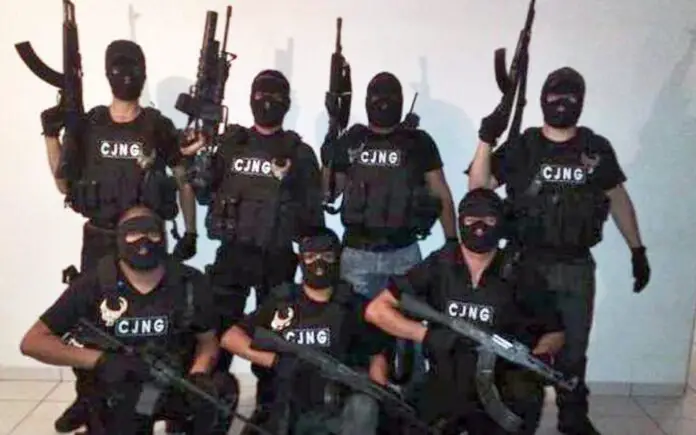Donald Trump and his newly-appointed border czar plan to deploy US Special Forces to eliminate Mexican drug cartels. However, defense experts warn that these well-armed gangs could prove a formidable match.
Background and Strategy
Deploying US troops to tackle drug cartels is not a new idea among hardline Republicans. Tom Homan, Trump’s pick to lead border closures, recently told Fox News that the president-elect “will use the full might of the United States Special Operations to take ’em out.” Michael Waltz, the next national security adviser, introduced a congressional resolution last year to authorize military force against cartels smuggling fentanyl into the US.
Expert Warnings
Despite the prowess of US Special Forces, a report by the Cato Institute suggests that Mexican cartels might now be an equal match. Brandan Buck, a research fellow at Cato, wrote that the increased military capacity and tactical competence of the cartels make it hazardous to engage them directly. He warned that such a move would force the American military into a quagmire, facing a sizable near-peer competitor in asymmetric warfare.
Cartel Capabilities
The Sinaloa Cartel, one of Mexico’s deadliest, controls much of the country’s north-western territory and is described by the US government as one of the world’s largest drug trafficking organizations. Over the years, it has acquired a broad range of modern weaponry, including assault rifles, grenade launchers, drones, anti-personnel mines, anti-tank weapons, and grenades. Some of this hardware is illegally imported, while other equipment is believed to be supplied by Central American governments.
The Jalisco New Generation Cartel (CJNG), Sinaloa’s main rival, has also demonstrated significant military capabilities. In a 2020 propaganda video, CJNG members posed with military-grade armored vehicles and weapons. There have been documented cases of cartels using surface-to-air missiles and anti-tank rockets. Additionally, cartels are believed to receive training from former members of the Mexican military, many of whom were trained by their American counterparts.
Potential Challenges
Sending US Special Operations into direct confrontation with the cartels would pit them against a near-peer competitor, likely supported by the local populace and familiar with the terrain. The fight would resemble counter-insurgency operations faced by US forces in Iraq and Afghanistan, with guerrilla-style attacks, ambushes, and hit-and-run tactics. Cartels operating in densely populated urban areas would make military engagements complex and risk civilian casualties. The drug gangs could also resort to retaliatory attacks on American soil.
Legal and Diplomatic Hurdles
Trump’s administration will need to weigh the legal, political, and diplomatic consequences of such a move. Without Mexico’s permission, it would be considered an invasion of a sovereign country. The president-elect’s pick for secretary of state, Marco Rubio, would likely argue that the cartels pose a risk to US national security and seek support from the United Nations under Article 51 of the UN charter.
An alternative approach might involve brokering a deal with Mexico, promising funds and support in exchange for US involvement in eradicating the cartels. This could include a bilateral agreement for intelligence sharing, training, and equipment for Mexican forces, as well as foreign aid to alleviate poverty. However, such a deal would require legislative approval in Mexico, where the constitution mandates non-intervention and peaceful resolution of disputes.
Despite the challenges, Trump’s allies continue to propose hardline strategies to secure the borders and confront the cartels.
Source: Telegraph






